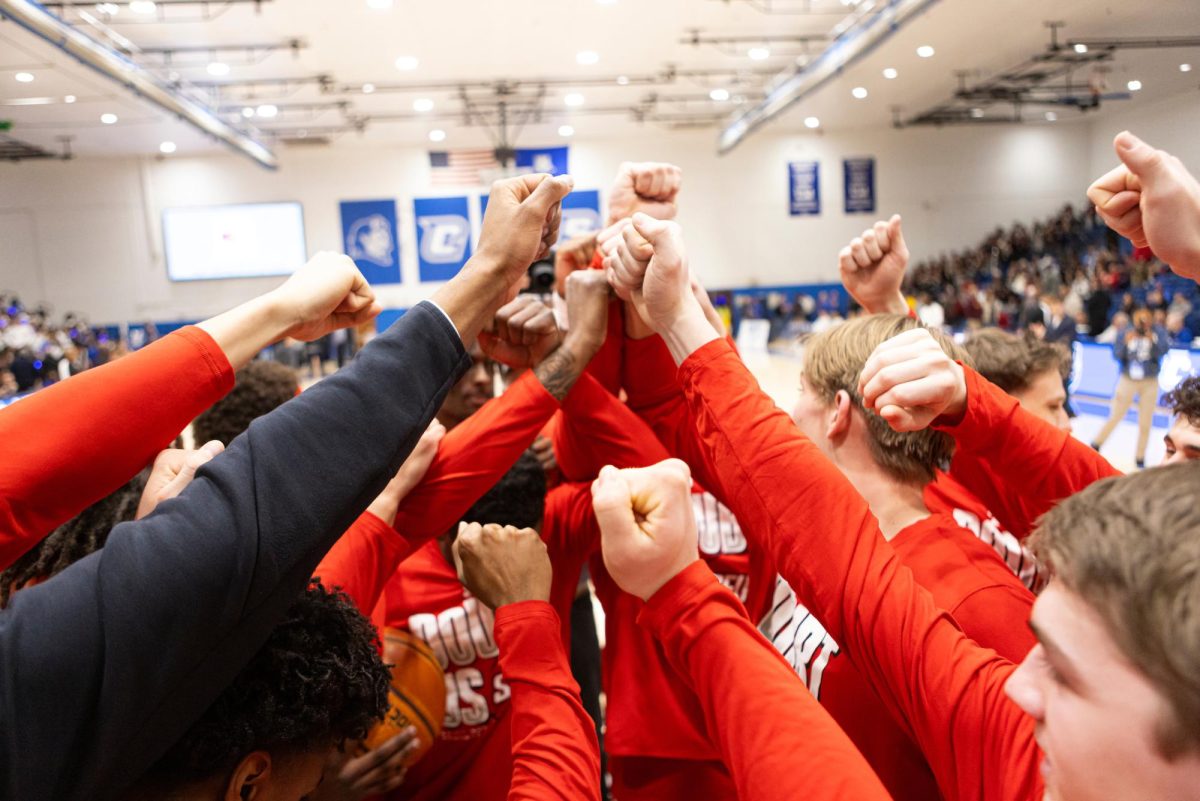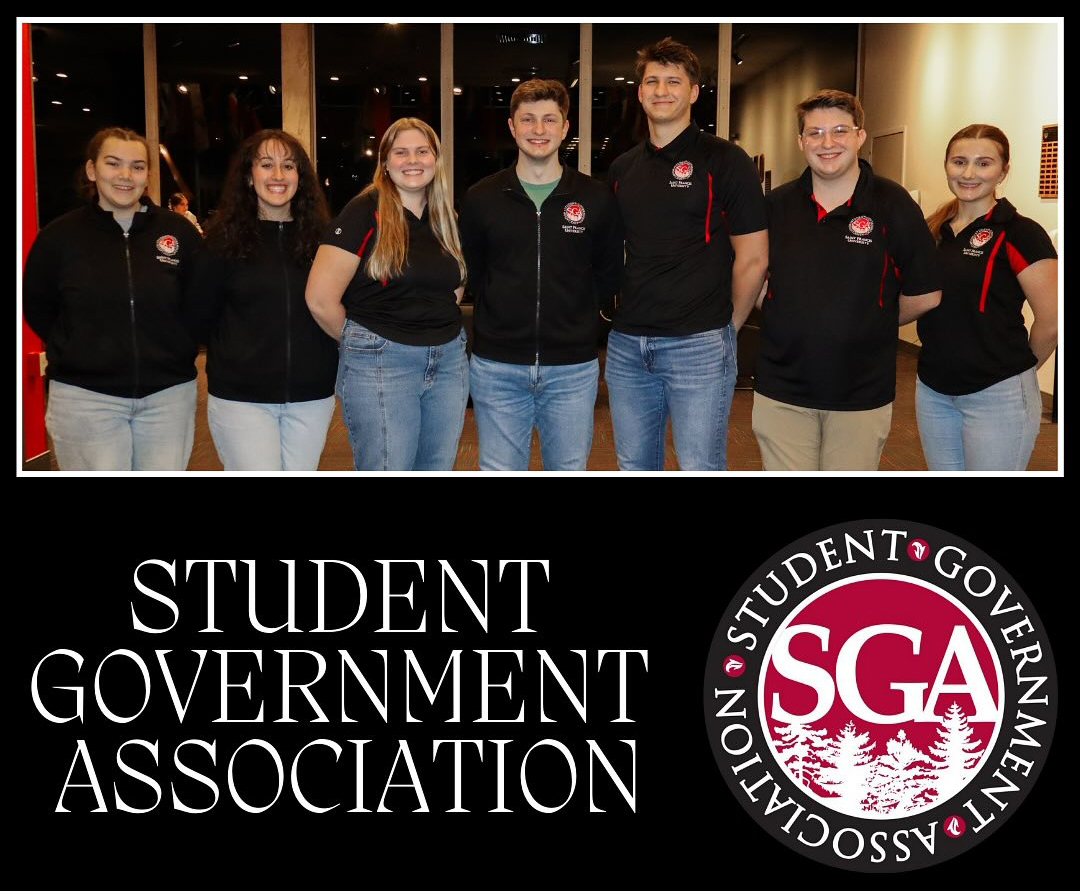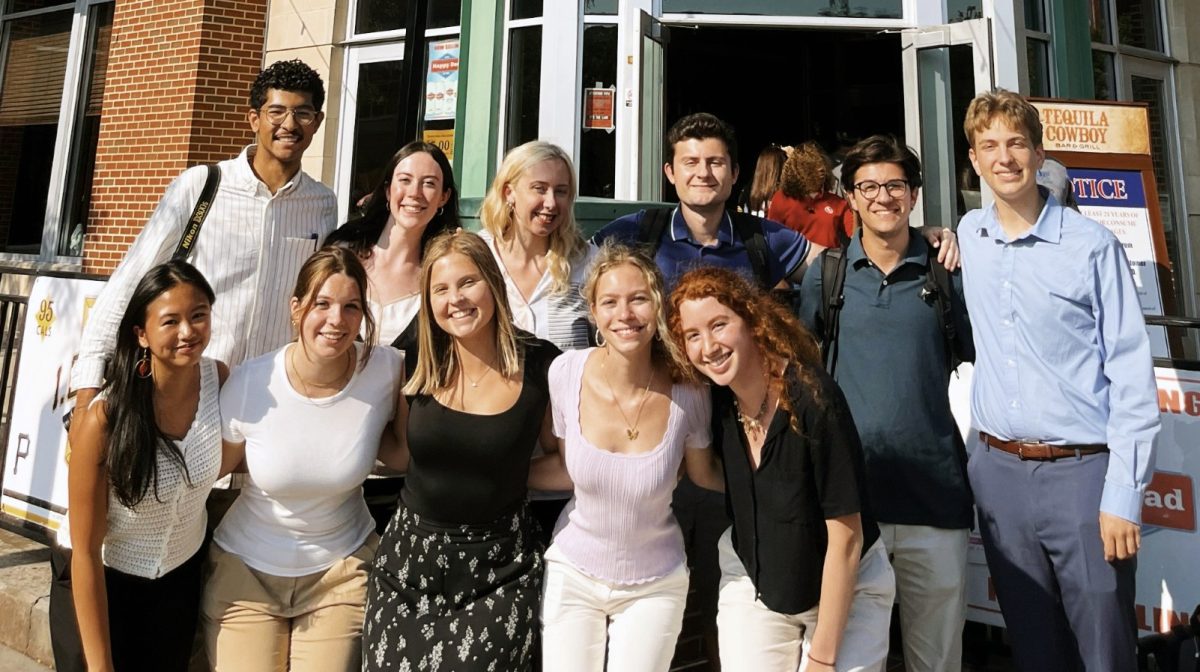I came to college chasing perfection; I’m leaving with something far more valuable —acceptance.
From freshman to senior year, I have unraveled and rewoven myself into someone new.
If you had told me this four years ago, I probably would have rolled my eyes and said “obviously.”
But back then, I thought of change as surface-level differences—maybe a little older, a little wiser.
But how much could really change in four years?
Turns out, a lot.
Four years and two degrees later, I’ve learned far more than I ever expected. I’ve experienced lows that felt like rock bottom and highs that made everything worth it. And yes, there have been tangible, surface-level changes, but the biggest changes weren’t the ones that affected my GPA or got me into graduate school at Johns Hopkins University, where I will continue my education in the fall.
What I never could have imagined four years ago is how perfection, grief and the spaces in between shape my behavior. And fate — how, the older I get, the more I seem to recognize its presence. It’s ironic because these seemingly unrelated ideas have revealed themselves more in my last semester than ever before.
Yet, while my world has felt like it’s crashing down at times at SFU, I’m grateful — for the lessons I’ve learned, the relationships I’ve strengthened, and the comfort I’ve found despite the chaos.
One of the greatest lessons I’ve learned at SFU is that there is no such thing as “perfect.”
I’ve always held myself to impossible standards, convinced that I was the only imperfect person in the room. My past self would say I’ve made too many mistakes to trust my own wisdom.
In college, that perfectionism extended to the people around me. Even when they made mistakes, it never seemed to diminish them. I spent so long believing that others had it all together while I was the exception.
Yet somehow, those same people have embraced my complexities, grief and all, with grace. For that, I am grateful.
I’m still learning. And that’s what’s going to be great about post-college life — I never have to stop. I will always be learning about myself, my passions and my values. I’m not a perfect, non-perfectionist. I’ve spent years trying to break free. And while I no longer fixate on being
“perfect,” I’m still a go-getter who sometimes needs a stop sign. The lessons I’ve learned while at SFU will be carried with me for a lifetime.
I’m grateful for the timing and the lessons. For fate. For my four years at SFU, which have proven meaningful in more ways than just two degrees, internships and academic knowledge.
I’m grateful for professors who have taught me more than what was required to succeed in their classes — who have supported me, encouraged me, and allowed me to show up as my full, authentic self, both in and out of the classroom.
It has been an honor and a privilege to graduate with degrees in Science Writing and Exercise Physiology from SFU. It’s also been an incredible opportunity to report on SFU news for the past four years. From the broken window in Giles to the DI-to-DIII transition, not all the news has been “fun,” but all of it has been meaningful.
Each story has deepened my understanding of SFU and highlighted the importance of journalism in a small, tight-knit school community.
Thank you to all my professors who have dedicated countless hours to teaching and mentoring me over these past four years, especially Drs. Wisniewski, Stehman and Mr. Steiner; Drs. Rhodes, Farabaugh, Thomas and Bintrim.
A big thank you to Polly Higgins, Hanna Webster, Allison Hydzik and Ana Gorelova for their unwavering support and unconditional belief in me — from my “real-world internships” and beyond.
Finally, thank you, Katie Kearns, for guiding me through the pursuit of imperfection and helping me recognize over these past four years that when certain behaviors no longer serve me, it’s time to rid myself of them.
For that and all else more, I am eternally grateful. Thank you, SFU.











